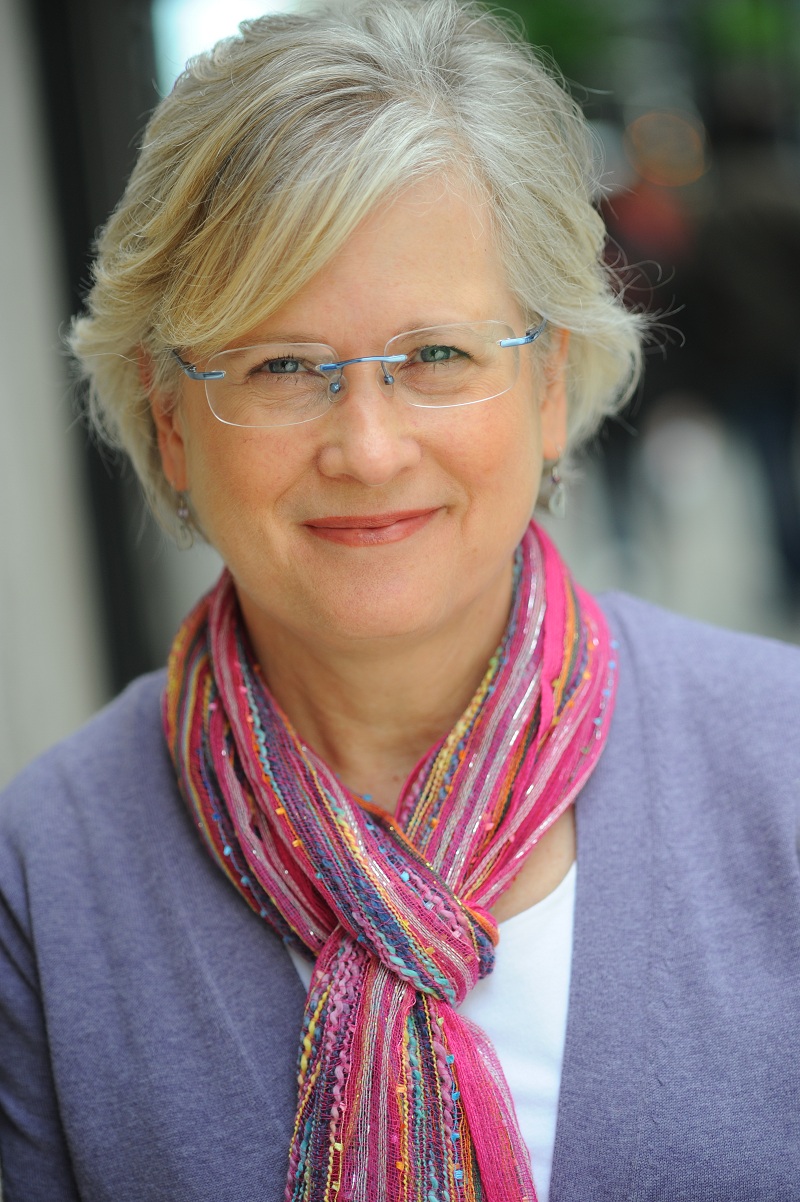I’ve been in the publishing industry since 1990, with my first book traditionally published by a mid-size Midwestern publisher in 1993. Since I kind of lucked into that first book opportunity, I hadn’t planned on it and had built no support structure for learning how to be a successful first-time author. The Internet was in existence, but I was only online via a 1200-baud dialup modem (remember those?) on AOL, which was pretty much the only game in town at that time. There was no Facebook, no Amazon, no social networks for writers, authors and indie publishers. In short, I had no network and was on my own.
Truth is, that isolation from other authors was probably a blessing in disguise. I didn’t have a clue what I was doing when I set out to make my first book a success, but neither did I have the influence of what I now know were people who mostly believed the conventional wisdom that first-time authors, unless they’re A-List big names with huge publishers, don’t really stand a chance to succeed. Because I wasn’t infected with that negativity and pessimism, I plowed merrily ahead with learning how to promote myself.
Now, I made a lot of mistakes, but ultimately, I was successful in getting my book to earn out its advance so I ended up getting royalty checks. But still and all, it often would have been nice to have the support of other authors who were also trying, also bucking the trend I didn’t even know existed. It was often a difficult, lonely and sometimes scary time. The great part is that new authors today have more options than they can possibly choose from to develop a strong support network of enthusiastic peers, both new and experienced. We also have some fantastic informational resources I would have killed to have!
 One of those resources is an excellent website and eNewsletter from Public Relations veteran and author Sandra Beckwith at Build Book Buzz. I’m sure she wouldn’t mind me sharing some quick PR tips for the modern author here, which I gleaned from one of her recent newsletters. But for LOTS more excellent, free tips and other helpful author promo info, you really need to check out her site and subscribe to her newsletter. I promise the time you trade for the value you get in reading it will be WAY lopsided in your favor!
One of those resources is an excellent website and eNewsletter from Public Relations veteran and author Sandra Beckwith at Build Book Buzz. I’m sure she wouldn’t mind me sharing some quick PR tips for the modern author here, which I gleaned from one of her recent newsletters. But for LOTS more excellent, free tips and other helpful author promo info, you really need to check out her site and subscribe to her newsletter. I promise the time you trade for the value you get in reading it will be WAY lopsided in your favor!
So, without further ado, here are some tips for getting national exposure for your book, from Sandra Beckwith (most of the links I added, so if you don’t like them, don’t blame Sandy):
How can you get cross-country, ongoing media exposure? Here are a few suggestions:
- Use Google and Twitter alerts to monitor conversations about your area of expertise. (Remember, you don’t have to write nonfiction to have topic expertise.) When you learn about a development that you can comment on, contact the media outlets in that community by telephone or e-mail.
- Use those same alerts to learn which reporters are covering your topic. Send an e-mail introducing yourself and offering to become a resource as needed. Follow them on social media; re-tweet some of their content so that they see it and begin to recognize and remember your name.
- Use your website to showcase your topic expertise. Update your bio; add relevant content so that you get found in online searches.
- Once you’ve done even one interview on the topic, add a link to the interview to your website. As you do more, add those links whenever possible. Reporters are more likely to contact you for an interview when they see that you’re familiar with the process and that you’re quotable.
- Be pro-active. Look for those opportunities to contribute to the media conversations on your topic.
2 replies on “Promo Tips for Book Authors”
Thanks for sharing this information here, Mary! I appreciate it! Readers can get free tips on how to write a great author bio at this blog post:http://buildbookbuzz.com/how-to-write-an-author-bio/.
: )
Sandy
Wow, Sandy, thanks! Totally forgot that you offer great author bio info, as well! See, folks? Her site is just packed with so much great material, even I can’t keep track of it all!